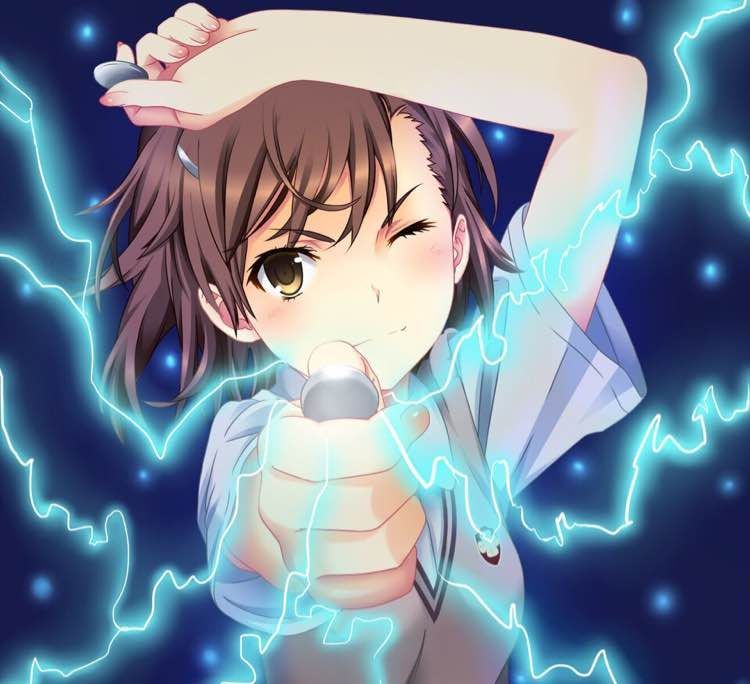
词汇学(1)Basic Concepts of Words and Vocabulary
Language is not a fixed list of words but a growing and developing store, which is quite formidabale. However, the tremendous unstable vocabulary can be cllasified into a few manageable categories by different criteria.
The Definition of a Word
The definition of a word comprises four major parts:
1. A minimal free form of a language
2. A sound unity
3. A semantic unity
4. A form that can function alone in a sentence
Therefore, we ca say that a word is a minimal free form of a language that has a given sound and meaning and syntacic function.
Words can be simplex and complex.
Simplex words e.g.: man fine baby
Complex words e.g.: mis-for-tune manage-ment
Though misfortune can be further divided as mis- and fortune, the formmer cannot stand alone as a word.
Also the meaning of each, however, is by no means the combination of the two.
E.g. blackmail (compel, compulsion, to make payments or action in return for concealment of discreditable secrets.)
Vocabulary
All the words in a language make up what is generally known as its vocabulary. Not only can it refer to the total number of the words in a language, but it can stand for all the words used in a particular historical period, e.g. Old English vocabulary, Middle English vocabulary and ModernEnglish vocabulary.
Sound and Meaning
A word is a symbol that stands for something else in the world. Each of the world’s culture has come to agreement that certain cluster of sounds will represent certain person, places, properties, and activities external to the language system. This symbolic connection is almost always arbitrary.
E.g. A dog is called a dog not because the sound and the three letters that makes up the word automatically suggest the animal in question. It is only a symbolic connection. The relationship between them is conventional because people of the same speech community have agreed to refer to the animal with this cluster of sound.
Sound and Form
It is generally agreed that the written form of a natural language is the orthographical record of the oral form. Logically the written form should agree with the oral form. However, more and more differences between them occured these centuries.Here are five main reasons:
1. English alphabet was adopted from the Romans,and it does not have a separate letter to represent each sound in the language so that some letter must do double duty orwork together in combination.
2. The pronunciation has changed more rapidly than spelling over the years.
3. Some of the differnces were created by professional scribes.
E.g. Some letters written with short vertical strokes such as i,u,v,m,w,n, they looked all alike. Consequently they changed the letter u to o when before m,n,v. And they also seemed to have decided that no English word should end in u or v. Thus, in time, an e was added to such words.
4. The appearance of dictionary standardized the spelling of words. maenwhile, sounds continue to change as usual.
5. When words were borrowed from other languages such as Latin, Greek, France, both meanings and spellings are borowed.
E.g. stimulus (Latin) fiesta (France) eureka (Greek) kimono (Japan)
Classification of Words
Basic and Non-basic Vocabulary
Basic Vocabulary
The basic Vocabulary is the foundation of the vocabulary accumulated over centuries and forms the commom core of the language. These words have obvious characteristics.
1. All national character. Words of basic vocabulary denote the most common things and phenomena of the world around us, which are indispensible to all the people who speak the language.
E.g. Natural phenomena: rain snow fire water sun spring etc.
Human body and relations: head father face mother etc.
Names of plants and animals: grass pear tree horse sheep dog etc.
Action, size, domain, state: go evil old cold heavy black etc.
Numerals, pronouns, prepositions, conjunctions: one I who in and still as etc.
2. stability.
3. Productivity. foot : footage football footer footprint etc. dog : doglike doghood dog-ear dog-fight etc.
4. Polysemy. Words of basic vocabulary possess more than one meaning bacause they have undergo semantic changes in the couse of use and become polysemous.
5. collocability. heart : at heart; break heart; heart and hand; with all heart etc.
Non-basic Vocabulary
- Terminology. This refers to technical terms used in particular disiplines and academic areas.
- Jargon
- Slang
E.g. beaver (girl) bear (police) holler (call) - Argot
- Dialectal words
- Archaisms
E.g. thou (you) wilt (will) aught (anything) quoth (said) - Neologism. Words of this category are newly-created words or expressions, or words that have taken on new meanings.
Content Words and Functional Words
Content words denote clear notions and thus are known as notional words. They include nouns, verbs, adjectives, adverbs and numerals. Fuctional words do not have notions on their own. Therefore they’re called empty words. Prepositons, conjunctions, auxiliaries and articles belong to this category.



Comments: 1
typo 好多